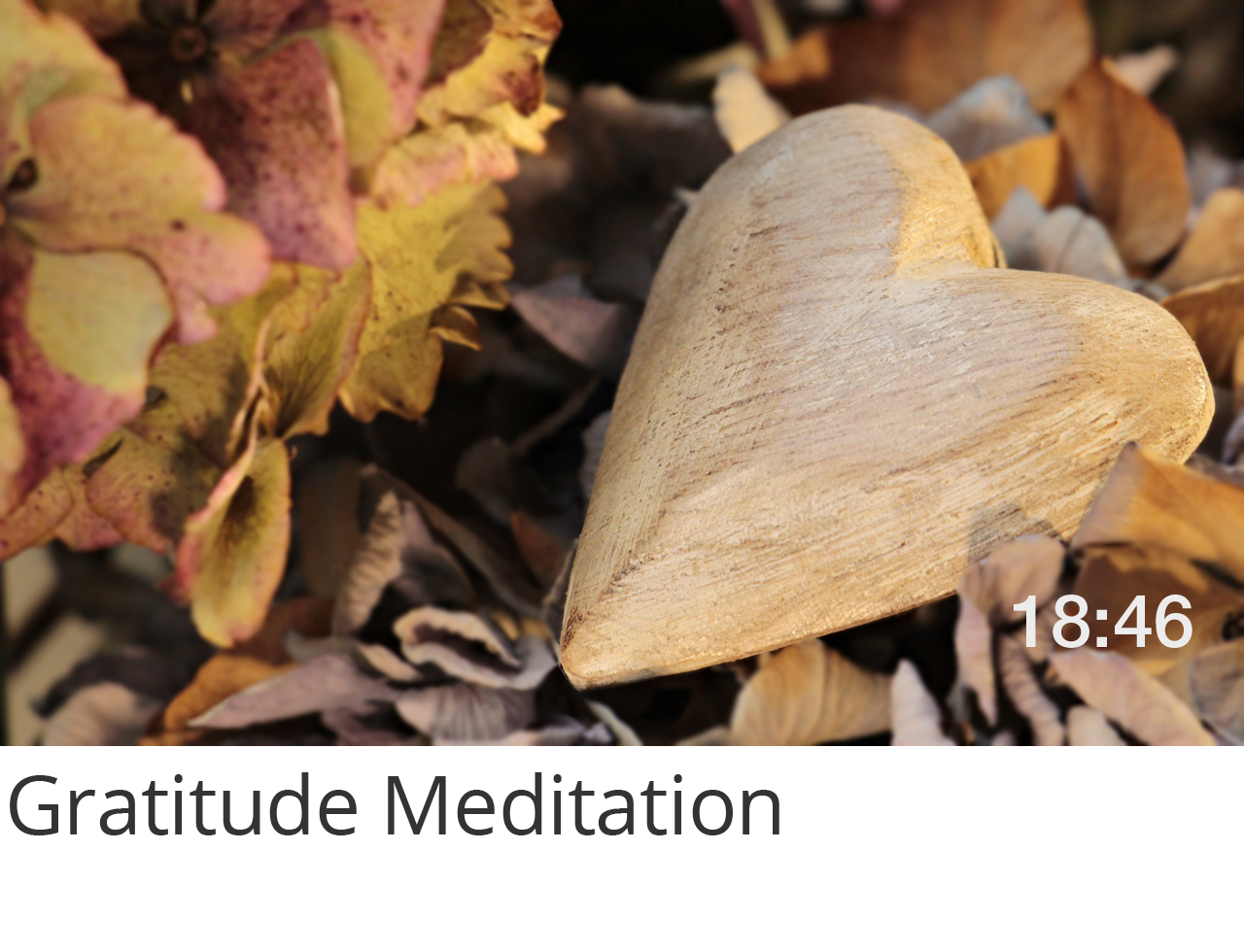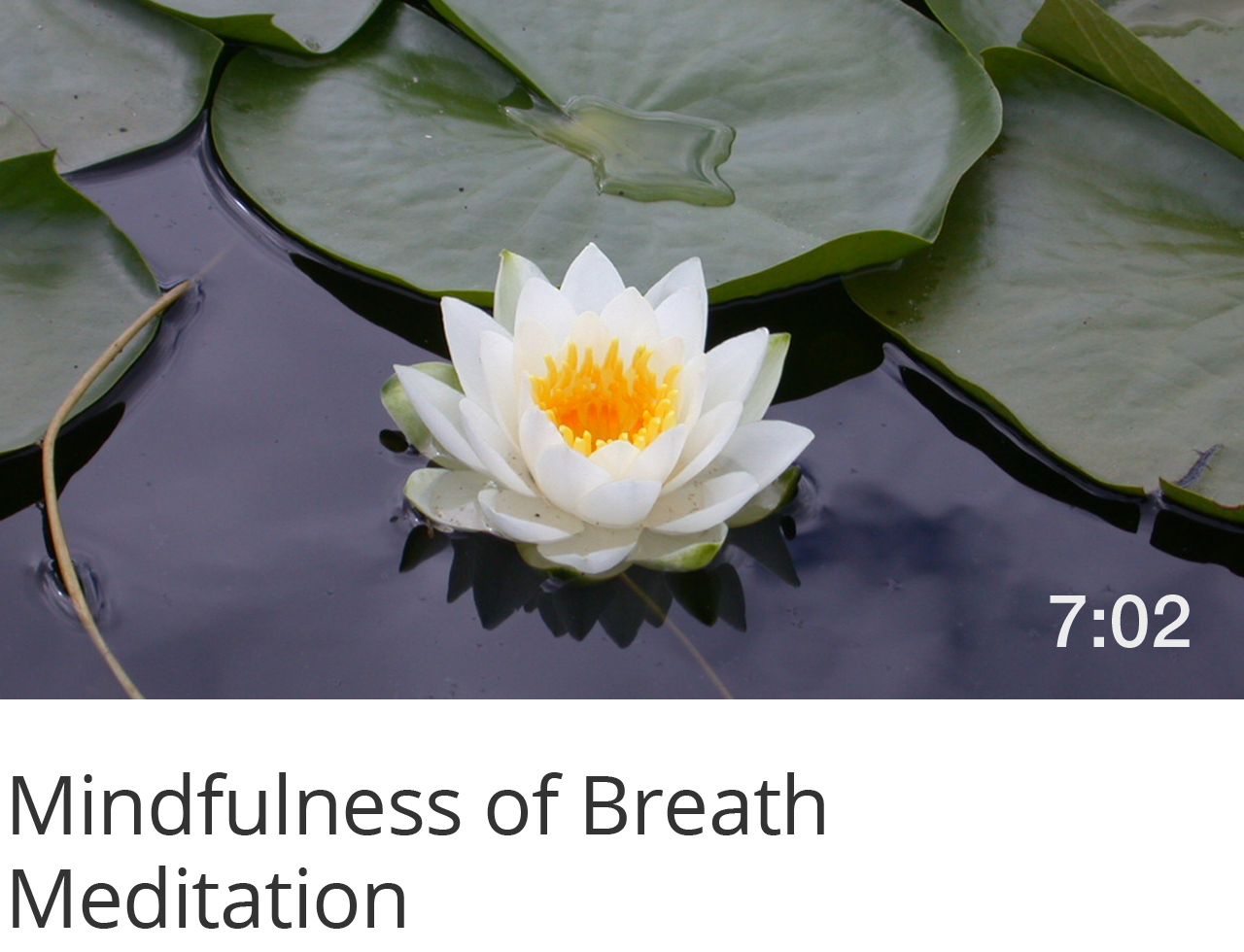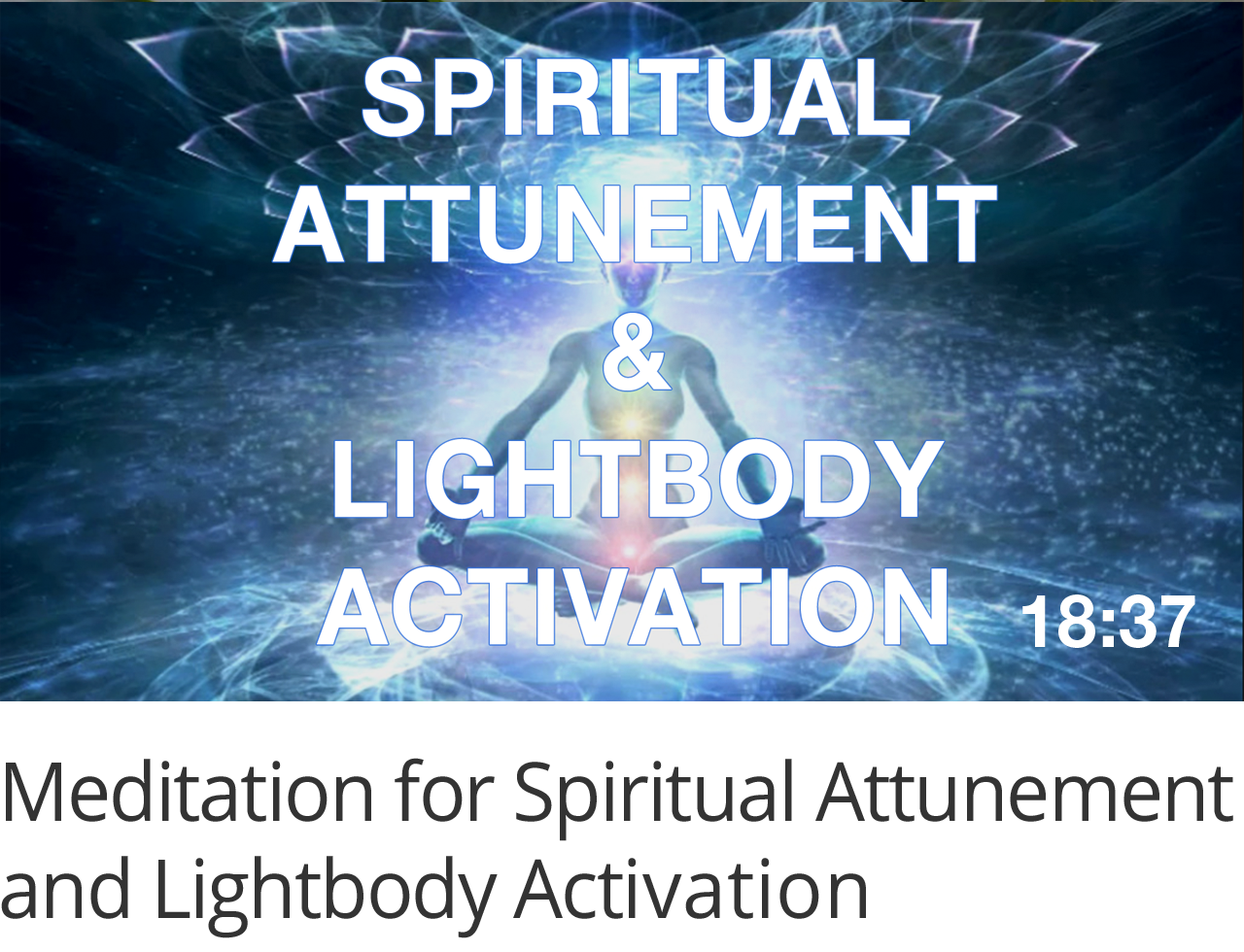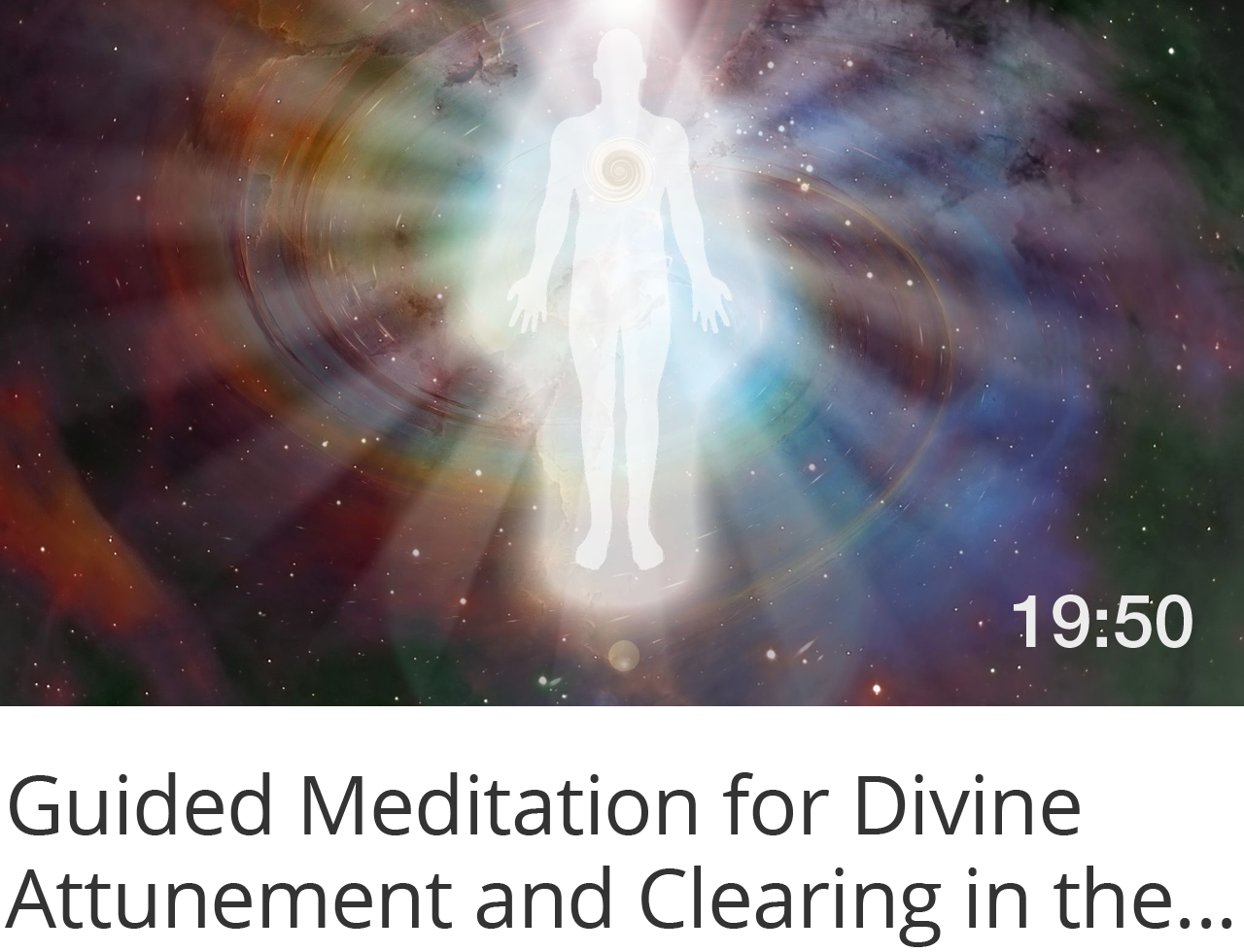Optimum nutrition is essential for health and wellbeing, and can be assisted with mindfulness. In today’s mass society, the practice of eating healthily to obtain optimum nutrition and wellness is often the exception rather than the norm. This is not surprising when mindfulness itself is not a dominant practice in mass society. Until we are consistently present in the moment, in our body, and restore awareness and choice to our thinking in place of reactive thinking, we are destined to continue to neglect our health, and remain caught up in automatic thoughts and patterns of living that lead us to adopt unhealthy lifestyle choices, including eating unhealthily.
When we lack mindfulness and connection with nature, and allow local community economies to be displaced by global economies where agribusiness and biotech companies dominate, we are also vulnerable to organising systems of food production that become more and more divorced from nature, chemicalised, processed, and toxic, and more about obtaining profit than providing for our health. It is easier to make a profit from foods that are processed than from foods in their natural state. All these factors need to be included as part of the bigger picture when considering the role of mindfulness in optimum nutrition. A mindful approach to nutrition does not stop at the dinner table, but extends outwards, all the way back to nature.
What is Optimum Nutrition?
Optimum nutrition is the process of providing the body with sufficient nutrients through food to maximise health and wellness. These nutrients include such things as water, enzymes, minerals, vitamins, amino acids, essential fatty acids, carbohydrates, and phytochemicals.
An appropriate balanced diet includes all of these nutrients in good proportion, according to the changing needs of the body. As the body has individual changing needs, there is no fixed prescription of nutrition or diet, so being mindful enough to listen to our body and its needs, in the present moment, is important.
Listening to our body and its needs (such as hunger and satiety cues) is quite different from comfort eating, where we eat reactively, and often unhealthily, to mask over unresolved emotional needs. It is different from eating reactively because of an eating disorder, where we eat to try and make our body match a distorted body image. It is also different from eating what we have been conditioned to think tastes good, as often these tastes are the product of artificial flavourings, toxic chemicals (think MSG and aspartame), and refined sugar. Listening to the body’s needs also means noticing and responding correctively to the symptoms of poor nutrition and diet, which manifest as weight issues, physiological irregularities, and eventually as degenerative disease.
Optimum nutrition requires that the food we eat is vital, healthy, and nutrient-dense. For this to be the case it ideally needs to be:
- whole and unprocessed
- free of toxicity
- free of antibiotics
- free of parasites
- non-irradiated
- grown in healthy, mineralised soils
- living
- fresh
- raw (when possible)
The practices of local organic farming, homegrowing, and wildcrafting can help these conditions to be met, and represent evolutionary steps for our culture that are worth supporting and adopting. They also enable us as individuals and communities to be more self-sufficient, ecological, and sustainable when providing for our food needs. The commercialisation and commodification of natural food into products for economic consumption and profit in the mass market has distorted the process of food production and provision, resulting in less wholesome food, and a culture of unhealthy eating and degenerative disease.
The practice of indiscriminately cooking food is an automatic, reactive behaviour for many people. Cooking can certainly break down food, concentrate flavours, and kill microorganisms, yet cooking food unquestionably destroys enzymes and vitamins, denatures amino acids, leaches minerals, increases the glycemic load of carbohydrates, converts fats into toxic lipid peroxides, and can produce free radicals and carcinogens such as glycotoxins (also known as advanced glycation end products), heterocyclic amines, and acrylamides. Developing mindfulness for optimum nutrition therefore requires us to consider our automatic reactions when preparing food and to question whether we always need to cook our food when there are alternative, often healthier ways of preparing it for eating. If we do choose to cook it then we can at least consider doing so at the safest, lowest temperature for that food. Of course, if the food is meat, fish, or eggs then it will invariably need to be cooked to destroy any harmful bacteria and parasites, and in the case of meat and fish to break down its extreme toughness. Some beans, such as red and white kidney beans, are naturally toxic unless soaked and cooked at boiling point. However, if cooking is called for, we need to realise that a degradation of the food’s nutrient value will often occur.
Mindful Practices for Healthy Eating
Mindfulness is the practice of consciously directing our attention on our present moment experience, from the observer self, without distraction or reactivity. By bringing us back to our centre of being, where we exist beyond our mind content as the witness, mindfulness allows us to interrupt the automatic, reactive thoughts and behaviours that limit our choices, and to free our attachment to them. This metacognitive state puts us at our most resourceful and productive since we can then choose our thoughts, feelings, and behaviours, rather than drift into them automatically or unconsciously. In the context of nutrition, this means that mindfulness can enable us to interrupt and break our attachments to those habits that cause us to eat unhealthily, and to choose thoughts, feelings, and behaviours that lead to optimum nutrition.
An interesting study on the relationship between mindfulness and diet quality (Donofry, et al., 2020) looked at a community sample of 406 healthy adults and found that higher dispositional mindfulness was associated with higher diet quality including higher intakes of vegetables, fruit, and whole grains, and lower intakes of added sugars.
Mindfulness empowers us to notice when a trigger arises that normally drives us into unhealthy eating patterns, and restores the choice to respond healthily, so that we are not controlled by these patterns. When we are likely to make unhealthy choices of eating we can start practising mindfulness before making a choice about the food we eat. By taking a few deep breaths and bringing our attention back to our inner centre where we exist as the witness or observer, we can pay attention to the external events and the thoughts, emotions, and bodily sensations that arise. Using this awareness we can identify the events that are likely to trigger unhealthy eating reactions.
For example, you may notice that you have a sudden compulsion to eat unhealthily when the following events occur:
- You feel stressed
- You feel lonely
- You feel bored
- You feel low self-worth
- You want comfort
When the trigger event arises for you, experience it mindfully from your centre as a witness, without becoming swept away by it or reacting to it. Observe how your experience of the event may prompt you to turn to food automatically, but remain in your centre and do not react this time. Realise that the compulsion is just a passing event.
Eating food represents giving yourself what you think you don’t have enough of, and when eating becomes a reactive behaviour, triggered by events such as above, the compulsion to eat often means that the sweetest, most adulterated, and most convenient foods are chosen that are likely to be unhealthy. Sometimes we react by reaching for a food that we unconsciously associate with good times, such as our childhood (sugary foods), or when we felt loved (a box of chocolates), or when we were enjoying ourselves (fast food while watching a sports game or movie or having a night out).
In a mindful state you can choose to act differently when the compulsion to eat arises and you observe it mindfully as just a compulsion, just a passing event in the stream of the mind. If you need emotional self-nurturing or to experience good times, you can choose to address this need directly, rather than by eating reactively. If you feel that your self-worth is low and want a pick-me-up, rather than reach for something seemingly nice but unhealthy, find something that you appreciate about yourself that will help you to recover your self-worth, and consider how to develop the things you appreciate about yourself. If the urge to eat unhealthily is a way of masking a painful, unresolved experience that threatens to emerge into the conscious mind, consider that what you really need is some therapy or inner processing to resolve the painful experience. Use mindful awareness to develop an adaptive approach to your emotions, rather than an avoidant one. Taking a step back from difficult emotions and viewing them from the observer self makes this easier.
Of course, while addressing these unmet psychological needs directly, if your body does actually need food, you can choose in your mindful state to provide it with healthy, nutritious food, and in doing so you will know that you are appreciating and respecting yourself, and that you will ultimately feel better for being healthier.
If your blood sugar has dropped too far and you are desperate to eat anything, no matter how unhealthy, you can pause in your mindful state and consider the healthiest available choice, and perhaps have a more healthy snack before a proper meal is prepared, knowing that this approach will better meet the true needs of your body.
Mindfulness for Optimum Nutrition
The decision to eat for optimum nutrition is a dedication to health and wellbeing, and represents a movement out of reactive living. When we are living reactively we are reacting unconsciously and automatically to things, and as a result may be brought out of alignment with our true self. When we are living authentically, we are honouring our true nature and authentic needs. Mindfulness is the key to authentic living.
Some of the objections we have to eating for optimum nutrition might be:
- It is too difficult or inconvenient
- I can’t afford it
- I don’t have the time for it
- Healthy food is too bland
- I won’t enjoy myself
- I’m doing fine as I am and don’t need to eat more healthily
It is one of my rules of thumb that when any statement goes against authentic values such as health and wellness, there will be an error of thinking behind it. The error of thinking is easily unmasked because, as well as being in conflict with authentic values, it will contain a generalisation, an omission, an exaggeration, an unjustified conclusion, or selective thinking. We can challenge the error of thinking once we enter a state of mindfulness and are no longer reactive or attached to the statement. We might, for example, ask:
- Is that really true?
- Is that necessarily the case?
Mindfulness teaches us not to get caught up in such errors of thinking, and can be used to overcome the resistance to being fully responsible for our health and nutrition. This resistance will often hold something in place that prioritises adaptive and defensive behaviour above authentic behaviour. These resistances can be discovered in self-inquiry and released.
When we are not fully mindful of the healthy food we are eating, where it has come from, how it has been grown, and how it has reached us, we will not fully appreciate the wonder of it, or why it is preferable to something that has been processed, adulterated, and grown and transported to us in the least desirable or sustainable conditions. When we react to processed food because it has been loaded with artificial flavours or sugar, we are not in fact appreciating it for the good it will do us, but are simply reacting to the taste of the additives. Mindfulness teaches us to understand things as they truly are, behind the reactivity of the mind.
Next time you eat, consider the miracle of how nature generates food, and consider whether the health and nutrition of the food you are eating has been preserved or degraded on its way to your plate. Are you aware of the pathway along which the food has reached you, and the systems it has passed through? The journey of your food is not an irrelevant event, but an important factor in your health, as well as the health of others. Eventually, as you become more mindful about food provision, you will naturally prefer to purchase fresh, wholesome, healthy food, or to grow your own.
Being mindful in the kitchen means building a relationship with food and being present to its nutritive value. The deeper your gratitude for the food before you, the deeper your presence to its benefits. With this approach, how you prepare the food becomes a conscious act to preserve its nutritive value and in so doing to care for your health, vitality, and wellbeing. Rather than reacting automatically to the food by cooking it, burning it, and adulterating it to a point that it loses its nutritive value and in some cases becomes harmful to ingest, consider the healthiest option for the food’s preparation. Nuts, seeds, and some legumes and grains benefit from soaking to the point of germination to optimise their nutritive value and digestibility, and in some cases can then be eaten raw (perhaps after blending). Most vegetables, barring the potato, can be eaten raw, and the option to blend beforehand to combine in a delicious recipe will help to break down their cell wall without destroying nutrients. Blending fruit or vegetables to make a raw smoothie or soup is an effective way of releasing nutrients from the food, without destroying the enzymes and other nutrients with heat.
Optimum nutrition requires a mindful attitude towards the act of eating itself. Are you in a relaxed state that supports your digestion? Being present as you eat releases you from runaway thinking and reactivity that can generate stress, and allows you to relax and focus on eating optimally. As you experience gratitude for your meal and how it is nourishing your health and life, you will deepen your presence. Rather than wolfing down your food without chewing properly, or eating automatically and unconsciously, take your time to consciously chew and savour the taste of the food before you. Chewing releases enzymes present in raw food, makes nutrients available by breaking down the cell wall of the food, and begins digestion. Without conscious, sufficient chewing, nutrients will not be released from cell walls and be absorbed. Furthermore, prolonged chewing releasing more flavour. Mindfulness enhances and enriches your relationship with food.
As we become more present to our body’s nutrition, and actively incorporate this into our lives, we will be blessed with greater health and wellbeing, and a greater level of authenticity. We will also be contributing to the growth of a healthy, authentic, and sustainable culture.
Next Step: if you wish to learn more about integrating mindfulness into your life, or if you need some help with emotional eating, food cravings, or weight loss, request a Guidance Call with me.
References
Donofry, S. D., Erickson, K. I., Levine, M. D., Gianaros, P. J., Muldoon, M. F., & Manuck, S. B. (2020). Relationship between Dispositional Mindfulness, Psychological Health, and Diet Quality among Healthy Midlife Adults. Nutrients, 12(11), 3414. https://doi.org/10.3390/nu12113414







